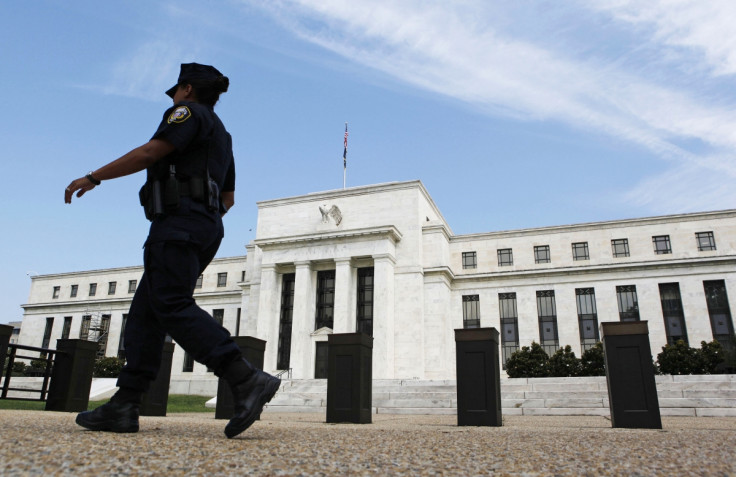This Week's Raft of Data Provides Insights into Global Recovery

A summary of the US Federal Reserve's January policy meeting and the results of a survey on China's factory activity, due this week, are expected to throw more light on the health of the world's two largest economies.
Meanwhile, data from the eurozone could provide indications of whether an emerging-market slowdown was weighing down on Europe.
The Week Ahead
The German ZEW index of investor and analyst sentiment is due on 18 February.
The Bank of Japan will announce its policy decision on 18 February.
The Fed will put out the minutes of its January meeting on 19 February, which should reveal FOMC opinion behind the decision to taper monthly bond buys.
On 20 February, Markit and HSBC are due to publish preliminary results of their China manufacturing Purchasing Managers' Index (PMI) survey.
Economists have forecast another reading below the 50-level that points to contracting economic activity. However, the survey covers the period of the lunar New Year holidays, when businesses are shut, and could provide a less reliable view.
Eurozone manufacturing and services PMI data are also due on 20 February and should shed light on the economic recovery in the 18-member bloc.
However, that survey was mainly conducted before emerging market currencies tumbled on concerns about a slowdown in China and the reduction in easy money in the wake of US monetary tightening.
Credit Agricole CIB said in a note to clients: "Despite a slow start to the week there are plenty of events and data this week for markets to chew on for further direction including in the US the February Empire and Philly Fed manufacturing surveys, January housing starts and existing home sales, as well as CPI and PPI inflation and FOMC meeting minutes. Overall the data will look relatively unimpressive, with softer manufacturing confidence, weaker housing data and benign inflation readings likely."
"In the Eurozone, the flash purchasing managers' indices will capture most attention. A slight softening is expected but this will not alter the picture of gradual recovery in the Eurozone economy. On the policy front the Bank of Japan decides on policy [on 18 February] but no change is expected despite a disappointing Q4 GDP release [on 17 February], which revealed that growth came in at a paltry 0.3% QoQ compared to 0.7% expected."
"If we get an intensification of China slowdown fears through these PMI numbers then that could set another unsettling tone to market sentiment," said James Knightley, senior economist at ING.
"If we do get another sub-50 reading you will see more stories about the China slowdown coming through. That may in itself lead to more concern about the prospects for global growth and emerging market activity in general," Knightley told Reuters.
Fed chief Janet Yellen said last week that the world's most powerful central bank remained on track to trim monetary stimulus even though the US labour market recovery was far from over.
January Numbers
US hiring in January was modest, while data for December 2013 showed that American employers hired the fewest number of workers in nearly three years.
China's January manufacturing PMI report showed activity in the nation's factories contracted for the first time in six months, suggesting that the world's second-largest economy began the year on a weak footing.
Meanwhile, in the Eurozone, January data revealed that the private sector began the year on a positive note.
© Copyright IBTimes 2025. All rights reserved.






















